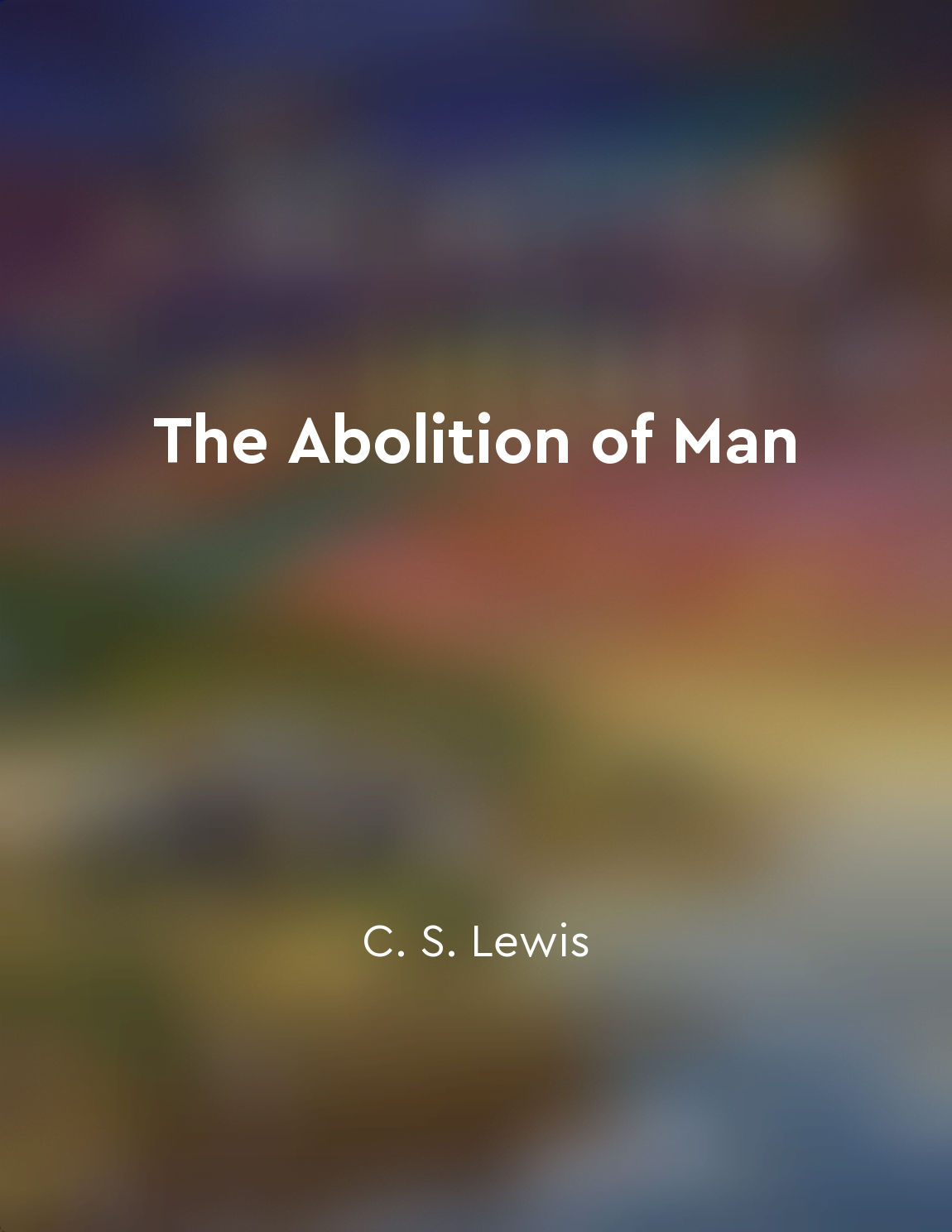Critique of practical reason sets aside theoretical uncertainties for moral duty from "summary" of Critique of Pure Reason by Immanuel Kant
Practical reason, unlike theoretical reason, is concerned with determining how we ought to act in the world. It is not preoccupied with speculative knowledge or theoretical uncertainties, but rather with identifying our moral duties. According to Kant, practical reason is guided by the moral law, which he argues is a priori and universal in nature. This moral law, or the categorical imperative, serves as the foundation for our moral duties and obligations. In the realm of practical reason, we are called to set aside any doubts or uncertainties that may arise from theoretical reason. While theoretical reason may be limited in its ability to provide us with definitive answers, practic...Similar Posts
Understanding is shaped by objective reality
Understanding is shaped by objective reality when it comes to knowledge acquisition. Kant argues that our knowledge is not mere...

The need for an integrated understanding of reality
In order to truly grasp the essence of reality, one must strive for an integrated understanding that goes beyond mere fragmenta...

System 2 requires conscious effort and attention
System 2, as I have explained, is the slower, more deliberate mode of thinking that requires conscious effort and attention. Wh...
Time is a relative concept
In the world of physics, time is not an absolute concept but rather a relative one. This notion was first introduced by the gre...
Veil of ignorance
The concept of the veil of ignorance is a thought experiment that asks us to imagine a hypothetical situation in which we must ...
The search for meaning is a lifelong journey of selfdiscovery
In the vast and bewildering landscape of human existence, the search for meaning looms large as a central preoccupation. It is ...
Cosmological argument reveals the limits of causality in reasoning
The cosmological argument, which seeks to establish the existence of a necessary being as the ultimate cause of the universe, l...
The search for truth can encompass both science and religion
The pursuit of truth is a noble endeavor that lies at the heart of both science and religion. While these two paths may seem di...
Moral actions are done out of respect for the moral law
The concept that moral actions are done out of respect for the moral law is central to Kant's moral philosophy. According to Ka...
The Formula of Universal Law tests the morality of actions
The Formula of Universal Law, as put forth by Kant, serves as a tool for evaluating the morality of actions. It posits that one...
